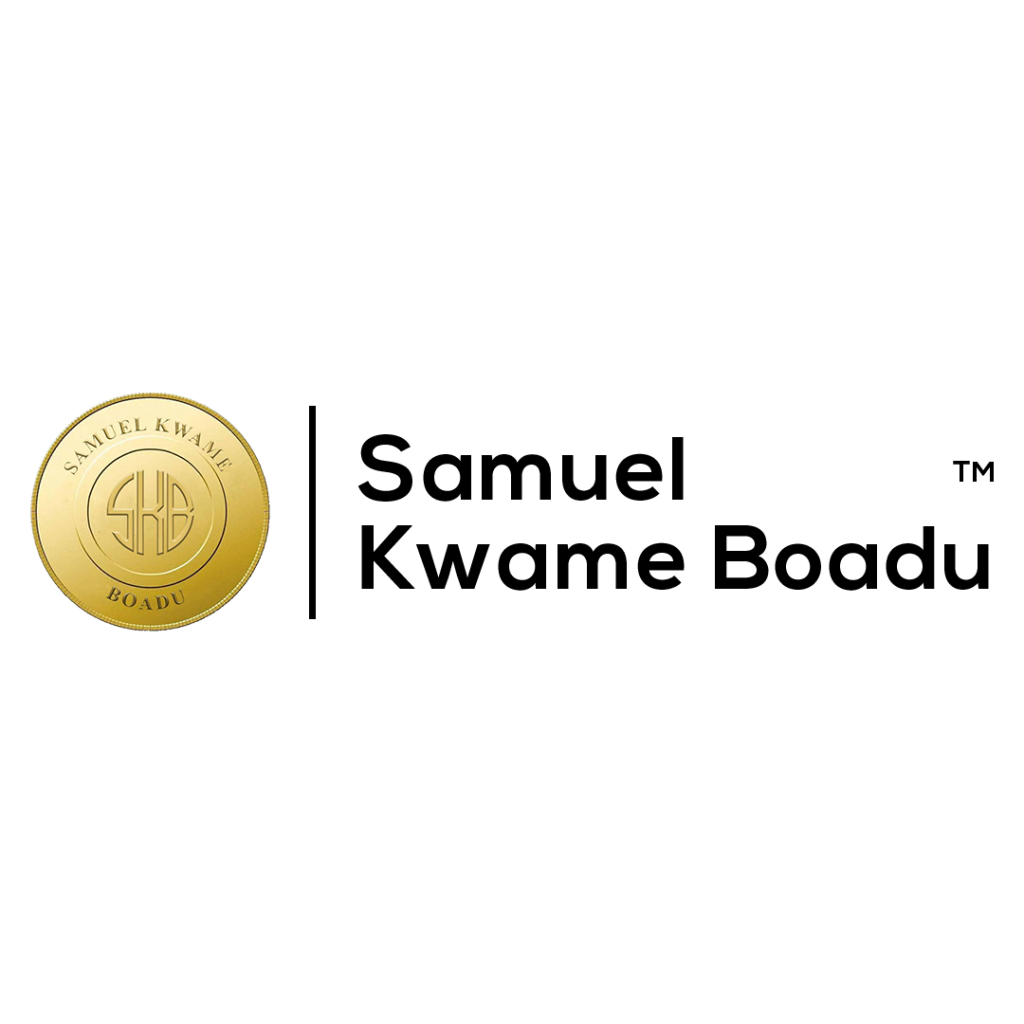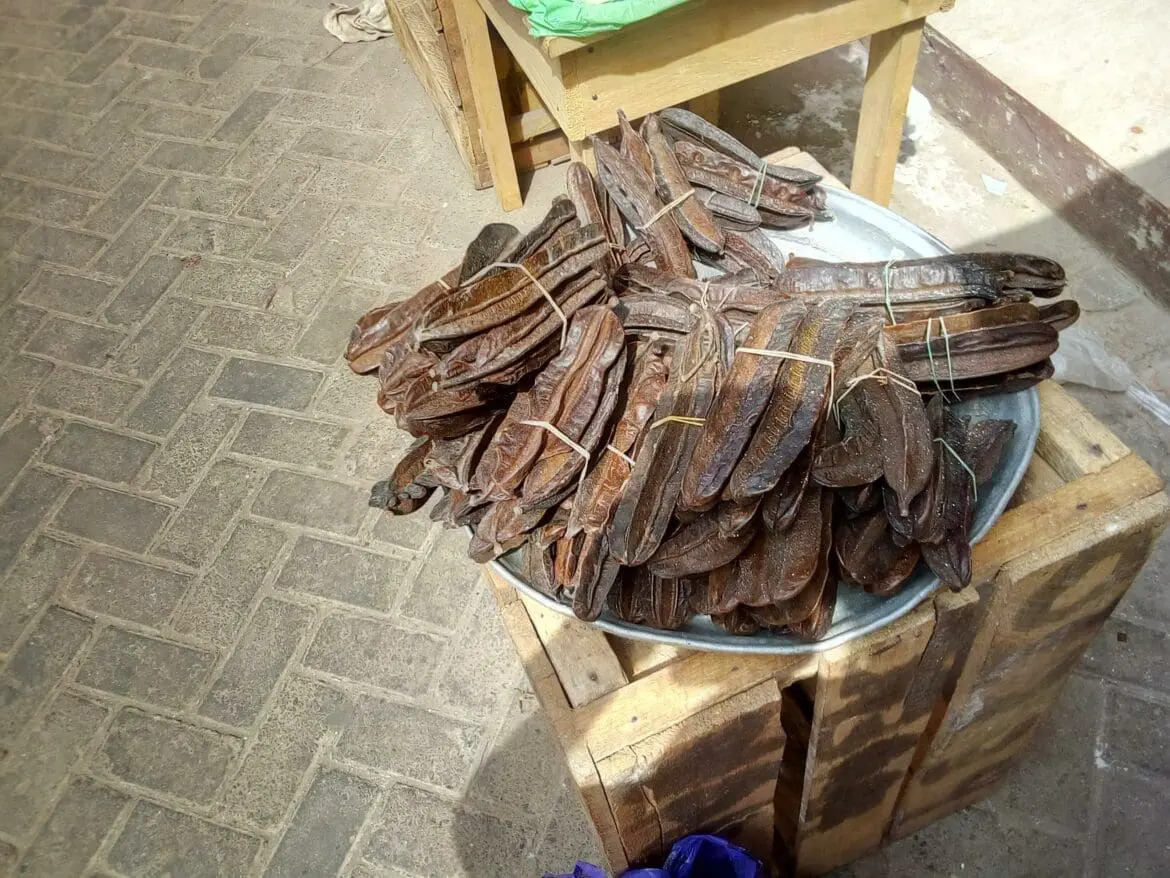Prekese, scientifically named Tetrapleura tetraptera, is a unique plant species from the pea family. Native to the lush regions of West Tropical Africa, this plant is revered for its culinary uses and exceptional medicinal properties. This article aims to enlighten you about the health benefits of prekese, a natural remedy that has been a cornerstone of traditional African medicine for centuries.
Table of Contents
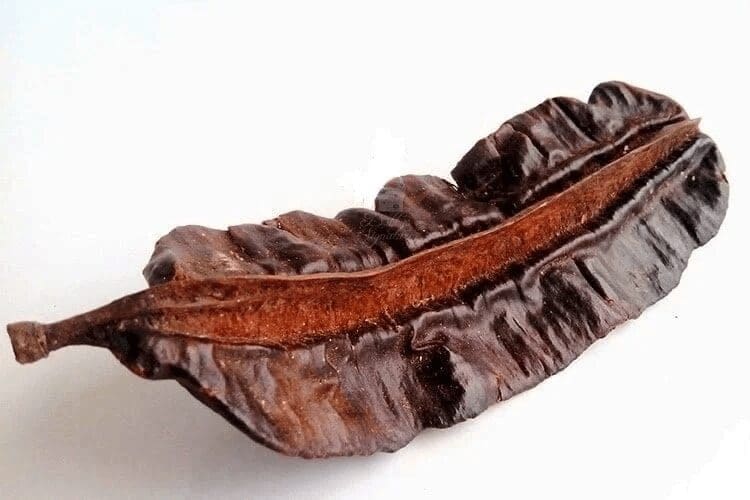
Gaining Acquaintance with Prekese
The prekese plant stands out with its dark purple-brown fruit that is hairless and measures about 15-25 cm in length and 5 cm across. It features four longitudinal ridges that resemble wings and emits a strong aromatic fragrance that doubles as an insect repellant.
Prekese is blessed with a slightly sweet yet astringent flavor, which, when incorporated in soups or other dishes, lends a beautiful, sweet fragrance. But the charm of this African plant does not end here. Prekese is a treasure trove of antioxidants, anti-inflammatory properties, vitamins, minerals, and phytochemicals. Each part of this plant—bark, fruit, or leaf—is enriched with medicinal agents.
.
Nutritional Profile of Prekese
Prekese, also known as Aridan, is a powerhouse of nutrition. It is packed with phytochemicals and essential nutrients crucial for our body. The plant is a rich source of iron, potassium, calcium, zinc, phosphorus, flavonoids, tannins, steroids, and phenolic compounds.
Moreover, prekese offers about 234.42-379.48 g/cal of food energy, 7.44%-17.50% of crude protein, and 4.98%-20.36% of crude lipid. This high nutritional value makes prekese an excellent dietary addition for those seeking a natural boost of energy and nutrients.
Prekese: Known By Many Names
Given its origin in West Africa, prekese goes by several local names in various tribes and countries across Africa. In Nigeria, the Igbo populace refers to it as oshosho or osakirisa, while the Yoruba community calls it aidan and ubukirihu. Other regional names include Imiminje, Apapa, Edeminang, Ighirehimi, and Ighimiaka.
In Ghana, particularly in the Twi language, prekese is addressed as prɛkɛsɛ. However, in English, the plant is popularly known as Aidan fruit.
.
Exploring the Health Benefits of Prekese
Armed with a remarkable nutritional profile, prekese offers a multitude of health benefits. Let’s delve deeper into understanding how this plant can contribute positively to your health.
1. Diabetes Management
Prekese has shown promising results in managing Type 2 diabetes mellitus. Studies conducted on rats reveal that the fruit extract of prekese can effectively lower glucose levels during fasting and non-fasting hours. This makes prekese a potential natural remedy for individuals struggling with diabetes.
2. Weight Loss Aid
Consuming prekese in the form of tea can aid in weight loss. The drink is said to have the capacity to eliminate excess fat from the body, thereby helping in weight management.
3. Alleviating Gastrointestinal Disorders
Prekese can be used for mitigating gastrointestinal issues such as diarrhea, stomach pain, and vomiting. This is attributed to the presence of phytochemicals in the plant that can help soothe the digestive system.
4. Fever and Cold Remedy
When suffering from a fever or cold, prekese can serve as an effective remedy. You can consume it as tea or use it for a warm bath. The plant is known to relieve fever and regulate body temperature. This remedy can also manage constipation, enema, and emesis.
5. Hypertension Treatment
The stem and bark of the prekese plant can be used in the treatment of hypertension. Research suggests that the plant can help lower high blood pressure and regulate the oxidation levels of hypertension patients.
6. Natural Mosquito Repellant
The strong fragrance of prekese acts as a natural mosquito repellant. This attribute is credited to the essential oils present in the plant.
7. Postpartum Care
Prekese proves to be highly beneficial for postpartum women. The plant pod, when added to soups, can help prevent contraction. Moreover, being rich in calcium, iron, and potassium, prekese can help restore the lost nutrients in postpartum women. The soup made from prekese is said to stimulate milk production in nursing mothers and aid in blood restoration.
8. Convulsion Management
The stem, fruit, and leaves of prekese are often used in folk medicine to prepare herbal concoctions that help manage convulsions. Studies reveal that the plant’s aqueous extract exhibits anticonvulsant activities and influences the central nervous system.
9. Wound Healing Properties
The wet extract of the prekese plant contains wound-healing agents. Research suggests that lower concentrations of plant extract (200 mg/ml) are more effective than higher concentrations in healing wounds.
10. Antibacterial Properties
Prekese possesses antibacterial and antimicrobial properties. The plant’s extract is used to produce soaps that can treat skin diseases, inflammation, and bacterial infections. Prekese can also enhance the soap’s foam, fragrance, and hardness.
11. Contraceptive Properties
The stem and bark of the prekese plant contain saponin and ethanol extract. These properties trigger the release of a luteinizing hormone that serves as a contraceptive.
12. Leprosy Treatment
Leprosy, a disease affecting the skin, mucous membranes, and nerves, can be treated with the aidan plant, also known as prekese. This plant can help treat the lumps and skin blemishes associated with leprosy. More severe cases of leprosy causing mutilation and abnormalities can also be addressed with prekese.
13. Anti-Inflammatory Properties
Extracts from the prekese plant exhibit anti-inflammatory properties. They can significantly impact multiple human pathogens, helping to reduce body inflammation, arthritis, and rheumatoid pain.
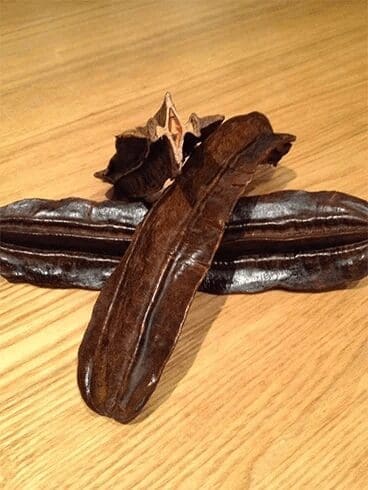
14. Culinary Uses
Prekese, with its aromatic fragrance, serves as a wonderful spice, adding a unique flavor to various dishes such as white soup, meat pepper soup, kernel soup, and fish pepper soup. The spice can be crushed or broken into small parts while cooking.
15. Cardiovascular Health
Prekese, with its essential phytochemicals, can contribute positively to the cardiovascular system. It can be used for treating heart-related diseases.
16. Molluscicidal Properties
Studies reveal that the aqueous extracts of the leaves, stalk, stem, roots, and bark of the prekese plant possess molluscicidal agents. This explains why prekese serves as an effective pesticide for managing pests. It is commonly used in gardening to eliminate gastropod pests like slugs and snails.
17. Dermatological Care
The prekese fruit, when dried in direct sunlight and blended into a fine powder, can be used as a key ingredient in soaps. It serves as a dermatological care product due to the presence of antibacterial and antimicrobial agents. The dried powdered extract can be combined with other ingredients like palm kernel oil and shea butter for external use.
18. Boosts Immunity
Prekese, being a rich source of vitamins, iron, calcium, potassium, zinc, and magnesium, can help strengthen the immune system. Iron in the plant aids in blood regeneration, zinc provides protection against respiratory tract infections, and potassium and calcium contribute to muscle management, prevention, and control, as well as bone strengthening.
19. Inhibits Bacterial Growth
Research suggests that the water extracts and alcohol content in the prekese plant can combat staphylococcus aureus. The presence of tannins and glycosides in prekese also contributes to preventing bacterial growth.
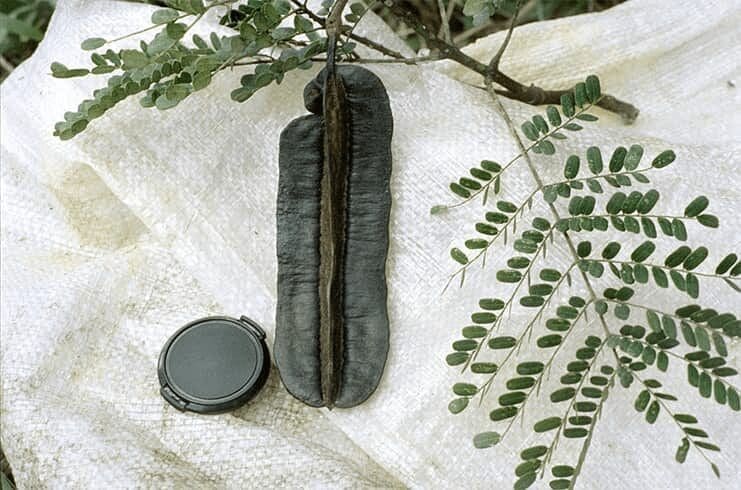
How to Use Prekese
The pods of prekese can be crushed and broken into small pieces to be used as food flavoring. Additionally, you can add the plant to your food during cooking and remove it before serving. This allows the spice to infuse and add a wonderful aromatic fragrance to your meal.
In herbal medicines, the stem, root, leaves, bark, and pods of prekese can be mixed, boiled, squeezed, soaked, crushed, extracted, and turned into concoctions.
FAQs
Can lactating mothers consume prekese?
Yes, prekese is beneficial for lactating mothers as it can increase milk production.
Can prekese be beneficial for kidney health?
Yes, prekese, when prepared with lemon, ginger, and garlic, can benefit kidney health without causing any harm.
The health benefits of prekese are truly remarkable, making it a superfood worth including in your diet. However, consult your healthcare provider before making significant dietary changes. After all, your health is your wealth!
Disclaimer: This article is intended for informational purposes only and is not a substitute for professional medical advice or treatment. Always consult your healthcare provider before making any health-related decisions.
.
READ ALSO:
The rollout of life-saving malaria vaccines is accelerating in Ghana, Kenya & Malawi
.
SKB Journal appreciate you a lot for reading! If you enjoyed this piece by Samuel Kwame Boadu, kindly hit the share button and help others to also see it. You can also like our Facebook page, so you know when we make new posts or Click to JOIN our Telegram Channel where we post JOBS + TIPS

